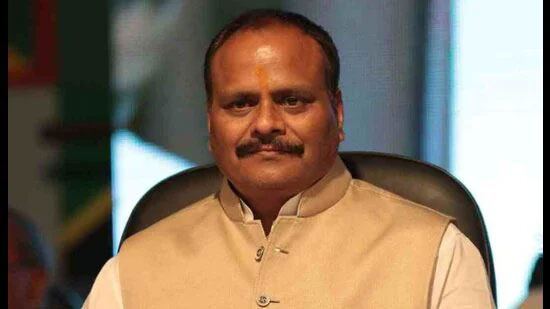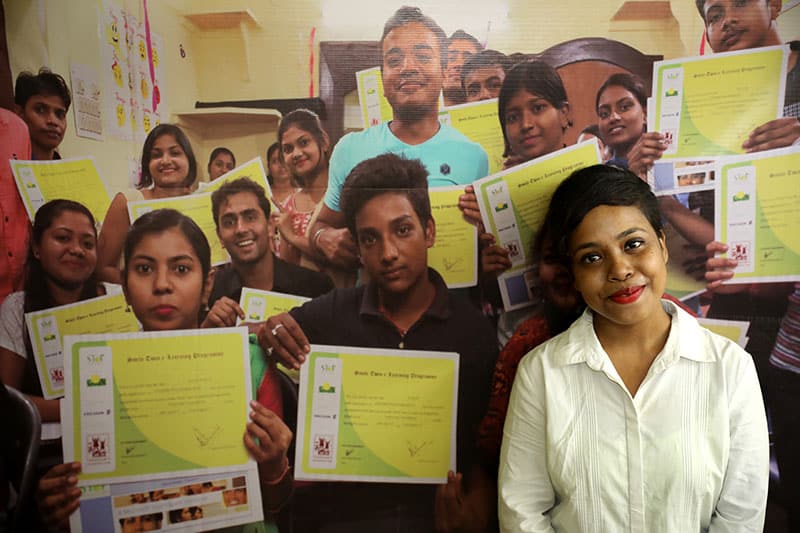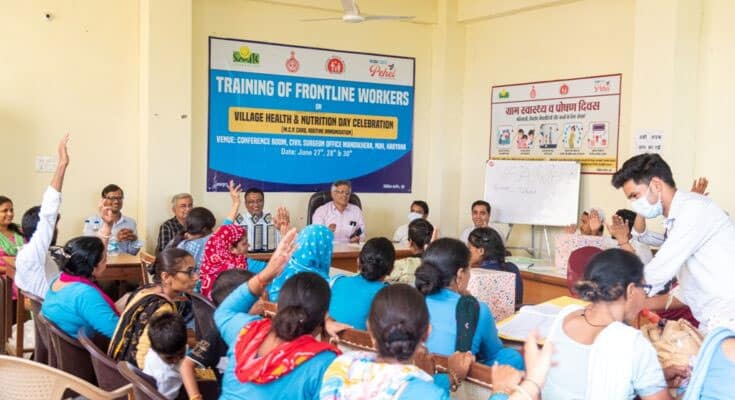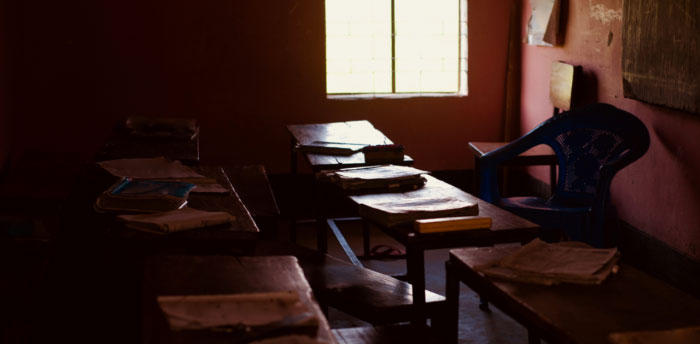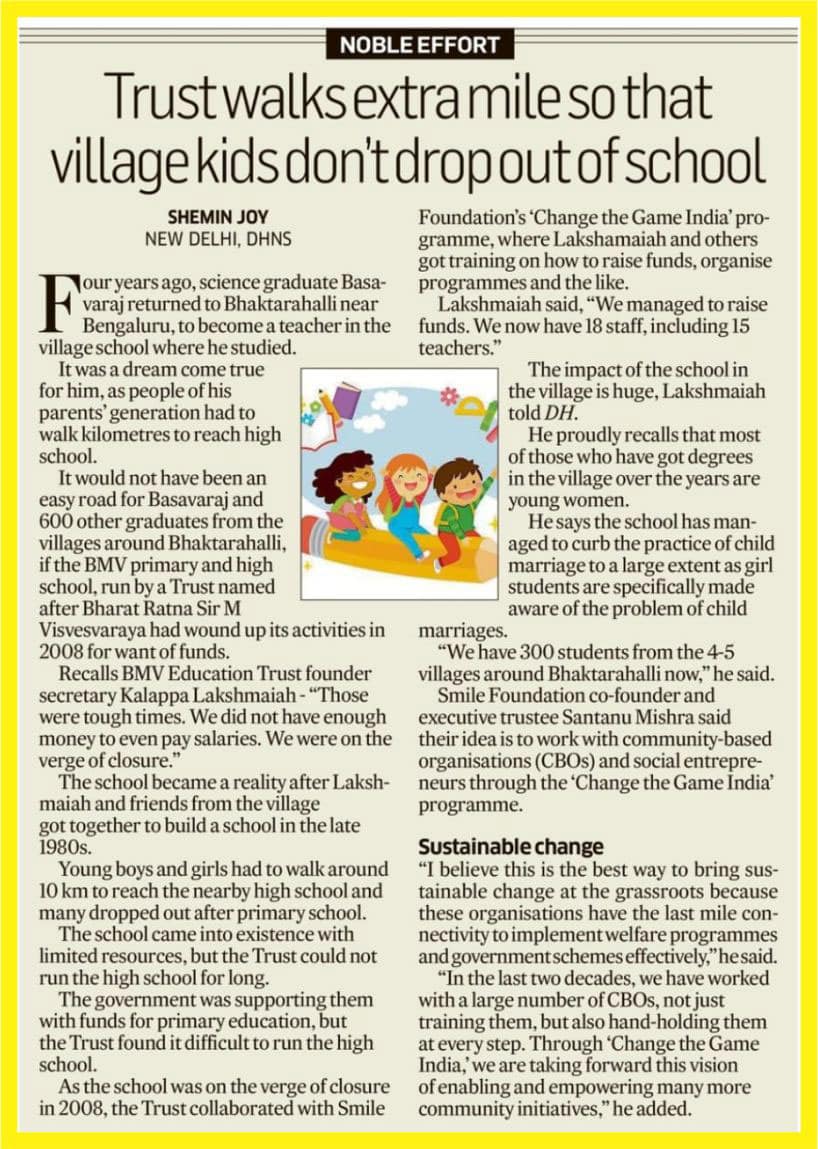‘Pandemic Has Fundamentally Altered The Way Civil Society Organisations Function’
- Home
- Smile Team
- Page 164
(July 04, 2022)
The COVID-19 pandemic has altered many things around us. Many organisations are experiencing the impact of this once in a lifetime kind of a situation. Santanu Mishra, Co-founder and Executive Trustee, Smile Foundation spoke to Indiatimes about where the civil society organisations stand as the world prepares for a post-pandemic time.
Table of Contents
• How have civil society organizations served and survived over the past two years since the pandemic hit?
What are the specific ways the pandemic has changed the way non-governmental organizations work on the ground?
• Access to quality healthcare services and education remains a challenge What is your assessment of the change that community-based organizations have been able to effect in both these areas?
• There are several community-based organizations that are unable to muster resources for impact-related work as they have been hit particularly hard by Covid How is Smile Foundation working to build their strength, so their work does not suffer?
How have civil society organizations served and survived over the past two years since the pandemic hit?
Santanu Mishra: The past two years have, no doubt, been challenging especially for civil society organizations. Development projects take a cycle to achieve visible impact. Managing resources, continuity of projects, keeping the experienced manpower together, approaching and engaging the community were among the challenges that cropped up during the pandemic. Moreover, the pandemic owing to its very nature demanded a plethora of responses and work to be done with urgency.
In many cases, funding support for non-Covid causes almost dried up, which presented an unexpected challenge. In general, there was a cloud of uncertainty across the board. Many organizations such as ours had to innovate, realign their delivery strategies and also to arrange resources in an emergency situation. The pandemic was unannounced but it was also a phenomenon that was much more than just a healthcare emergency. It affected almost every major areas of people’s life and hence civil society organizations were very much part of it.
What are the specific ways the pandemic has changed the way non-governmental organizations work on the ground?
As the pandemic has not just been a healthcare crisis, it changed the way we travelled, worked, lived, studied and did many other things. Naturally, civil society organizations had to adapt to a number of changes so as to bring change on the ground.
Beginning with schooling, in no time teachers had to be trained in a dynamic digital learning environment. Children and their parents were also made to be familiar with virtual and blended mode of schooling, which were never thought of before.
In healthcare, tele-medicine, virtual counseling and care etc. were brought into practice, especially for the communities living in urban slums and remote rural areas. The pandemic brought to the fore the issue of mental wellbeing among children, from both underprivileged and privileged backgrounds. Organizations had to analyze the issue, develop possible solutions and prepare the mechanism to address the same.
Skilling, especially the employability training programme, had to undergo a disruptive market-driven transformation. Many jobs and the related skills simply vanished; at the same time, many new areas of employment emerged. For example, we put our major focus on developing courses and training youth on general duty assistant and patient care, e-logistic and supply chain management, digital marketing, banking service etc. and achieved great success in placing them too.
Working with the communities demands frequent visits in person, unavoidable human interaction and frequent travel. The pandemic put restriction to many such crucial activities.
Project management and planning, resource mobilization, human resource development etc. also needed major rethinking and realignment with the changing the environment.
Overwhelmingly, application and integration of technology were not only accelerated but also preponed. In many areas, it would otherwise have been possible by 2030. In my view, a majority of the disruption is for the better and there is no looking back from here.
Access to quality healthcare services and education remains a challenge. What is your assessment of the change that community-based organizations have been able to effect in both these areas?
Healthcare and education are key indicators of human development. It is true that there is a scope of more work to be done in these spheres, which includes better convergence between different players in the society.
Community-based organizations, first and foremost, have the last mile connect with communities. Their understanding of issues with respect to a specific area comes handy in delivering solutions. The complementary roles they play in the efforts of the colossal governmental endeavour and also in pursuing independent efforts are praiseworthy.
Specifically speaking about the pandemic-stricken time, it was more than just a health crisis as it disrupted every possible areas of life. The innovation, resilience and perseverance displayed by community-based organizations, especially in the areas of education and healthcare came out as a blessing in disguise.
Amidst the peril of loss of livelihood and migration of families, commendable efforts were made in continuing education of less privileged children. Motivating the communities in so, preparing both teachers and students in the new ways of schooling, taking care of mental wellbeing of children, mobilizing teaching and digital aids etc. among the changes the sector has been crucial in bringing in.
Healthcare, without doubt, was at the very centre of concern. Existing healthcare facilities were either over-burdened or no-go zones during the pandemic. The community-based organizations played a remarkable role in ensuring basic healthcare services that included curative, preventive and promotive aspects most importantly in urban slums and remote rural areas. Besides launching Covid-specific initiative, we for example linked our existing pan-India mobile healthcare programme with static facilities and tele-medicine centres. We have now been scaling this up so that specialized healthcare can be delivered at the grassroots with the application of technology.
There are several community-based organizations that are unable to muster resources for impact-related work as they have been hit particularly hard by Covid. How is Smile Foundation working to build their strength, so their work does not suffer?
Thousands of genuine community-based organizations have been playing a crucial role in the social and economic growth of the nation. They are empowering the bottom of the social and economic pyramid persistently.
The good intentions and hard work of grassroots organizations are often hindered by various challenges even in normal, non-Covid time. It ranges from unprepared leadership to organizational anomalies, inability to communicate effectively to, importantly, mobilizing adequate resources.
There existed a crucial need for a dedicated and effective endeavour that is focused on enabling, training and handholding small, genuine orgnisations to help maximize their efforts on the ground.
We have a structured initiative named Change the Game that aims at strengthen the capacity of community-based organizations (CBOs) and non-governmental organizations (NGOs) to raise funds, continue their developmental efforts.
The innovative blended-learning programme helps change-makers from communitu-based organizations and social entrepreneurs from all over learn and imbibe fundraising best practices.
The goal has been to enable social entrepreneurs working at the grassroots by mobilizing funds from diverse sources, inculcate practices that deepen organizational capacities and empower communities.
I personally believe in the philosophy of ‘Civic Driven Change’ that means unless and until privileged members of the society are involved in the process of development, lasting change will continue to elude us. At time, that is the only way forward.




